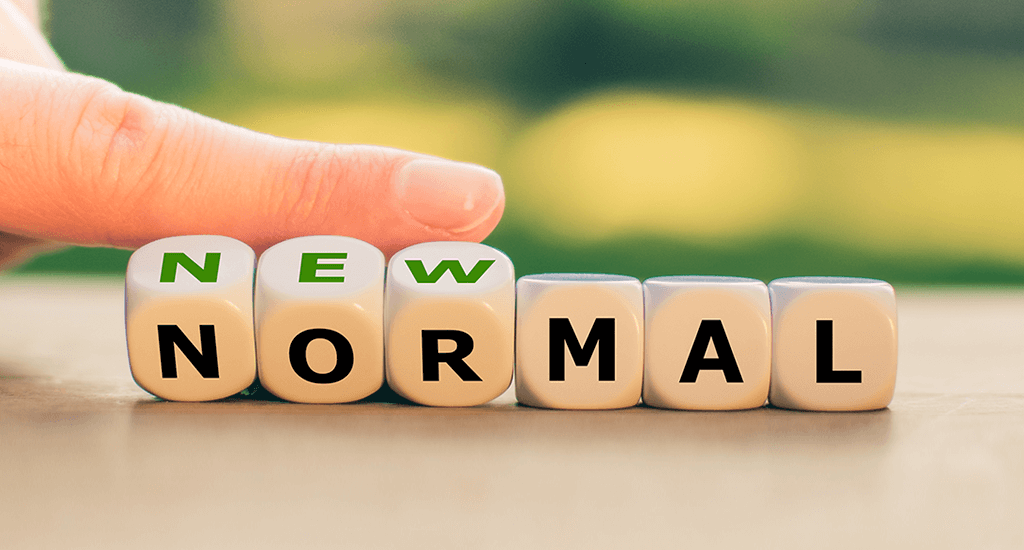normal

the/a new normal – locuzione
The “New Normal” Is a Myth. The Future Won’t Be Normal at All.
People will have to get used to a “new normal” due to coronavirus with social distancing measures set to remain in place for some time.
Only 13% of UK working parents want to go back to ‘the old normal’.
Ci sono due termini che in inglese definiscono ‘la condizione di ciò che è o si ritiene normale’: normality e normalcy, quest’ultimo più comune nell’inglese americano. Eppure c’è una locuzione che durante la pandemia li ha soppiantati entrambi, ovvero ‘the new normal’, in cui l’aggettivo normal ha funzione di sostantivo. Tantissimi aggettivi possono essere sostantivizzati, pensiamo a ‘the poor’ (i poveri) o ‘the young’ (i giovani) – e in un vecchio post abbiamo visto l’utilizzo recente degli aggettivi nominalizzati, ma senza l’articolo, nel linguaggio pubblicitario.
Normal è anche usato come sostantivo per riferirsi a un individuo che rientra nella norma, ma ciò che costituisce la normalità cambia col cambiare dei tempi, perciò spesso il termine viene usato tra virgolette.
Origini del termine
La locuzione the/a new normal risale agli inizi di questo secolo e dopo aver preso piede nel periodo seguente alla crisi finanziaria del 2008 è diventata ancora più frequente nei mesi scorsi.
Traduzione di Loredana Riu
the/a new normal – phrase
The “New Normal” Is a Myth. The Future Won’t Be Normal at All.
People will have to get used to a “new normal” due to coronavirus with social distancing measures set to remain in place for some time.
Only 13% of UK working parents want to go back to ‘the old normal’.
There are perfectly good English nouns that convey ‘the state of being normal’: normality and normalcy, the latter more common in US English. And yet a different word has been popping up all over the place during the pandemic: in the phrase ‘the new normal’, the adjective has been co-opted to function as a noun. This is perfectly usual behaviour for English adjectives: for many centuries it has been possible to refer to poor people as ‘the poor’ or young people as ‘the young’. We have written before about the novel use of adjectives as nouns, especially in advertising.
Normal is also used as a noun to refer to a normal person, especially one who is physically and mentally healthy, or to someone who is heterosexual. These uses are surprisingly well-established, dating back to the mid 19th century and early 20th century respectively. Changed attitudes to the concept of what constitutes normality mean that nowadays they are generally used within (literal or implied) inverted commas.
Origin
The phrase the/a new normal has been around since the start of the current century. It gained popularity following the financial crisis and has been in very frequent use over recent months.



